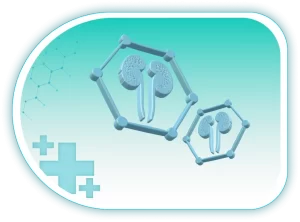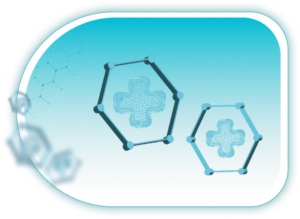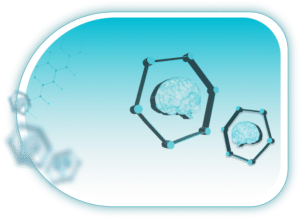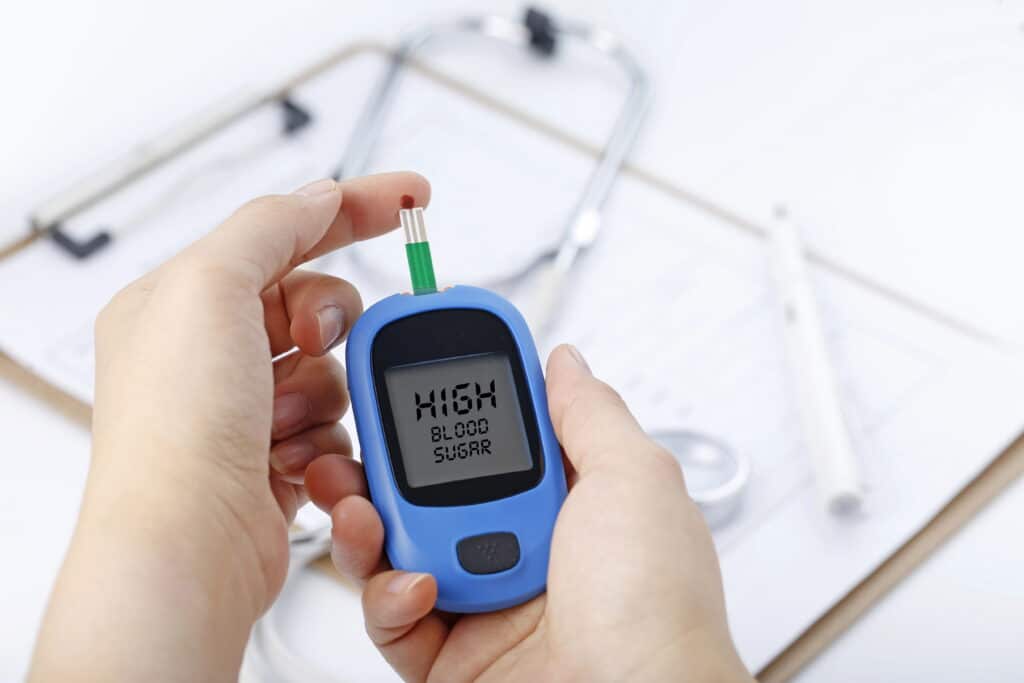Deep within our bodies, a remarkable communication network quietly operates, orchestrating countless vital functions. This intricate system, known as the endocrine system, relies on hormones as its messengers. These chemical signals regulate everything from growth and metabolism to mood and reproduction. In this comprehensive guide, we’ll embark on a journey through the fascinating world of the endocrine system, exploring how hormones play a pivotal role in maintaining harmony within the body.
The Endocrine System: An Overview
The endocrine system is a complex network of glands and organs that produce and release hormones directly into the bloodstream. These hormones travel throughout the body, affecting various tissues and organs, and ensuring that essential processes occur in harmony. Some of the key components of the endocrine system include:
- Hypothalamus: Located in the brain, the hypothalamus acts as the body’s control center, sending signals to the pituitary gland to release hormones.
- Pituitary Gland: Often referred to as the “master gland,” the pituitary gland produces hormones that control other endocrine glands, influencing growth, blood pressure, and reproduction.
- Thyroid Gland: The thyroid gland, situated in the neck, releases hormones that regulate metabolism and energy production.
- Adrenal Glands: These glands, located atop each kidney, produce hormones like cortisol and adrenaline that respond to stress and influence metabolism.
- Pancreas: The pancreas plays a crucial role in blood sugar regulation, releasing insulin and glucagon to control glucose levels.
- Ovaries and Testes: In females, the ovaries produce estrogen and progesterone, while in males, the testes produce testosterone.
- Pineal Gland: The pineal gland secretes melatonin, which regulates sleep patterns and the body’s circadian rhythm.
- Parathyroid Glands: Situated behind the thyroid gland, the parathyroid glands produce hormones that regulate calcium levels in the blood.
- Thymus: The thymus gland plays a role in the immune system’s development and function.
Hormones: The Body’s Messengers
Hormones are chemical messengers that carry information from one part of the body to another, coordinating various physiological processes. These tiny molecules exert profound effects on a wide range of bodily functions, including:
- Metabolism: Hormones like insulin, thyroid hormones, and glucagon regulate metabolism, controlling how the body converts food into energy.
- Growth and Development: Growth hormone is responsible for tissue and bone growth, while sex hormones govern physical development during puberty.
- Reproduction: Sex hormones, including estrogen and testosterone, influence reproductive functions, such as menstruation, fertility, and sexual characteristics.
- Stress Response: Hormones like cortisol and adrenaline help the body respond to stress by increasing heart rate, redirecting blood flow, and heightening alertness.
- Blood Sugar Regulation: Insulin and glucagon work in tandem to maintain stable blood sugar levels.
- Immune Function: Some hormones play a role in immune system function, influencing the body’s ability to fight infections.
- Mood and Emotions: Hormones can impact mood, emotions, and mental health. Imbalances may contribute to conditions like depression and anxiety.
Regulation of Hormone Release
The endocrine system operates through a finely tuned feedback mechanism. When hormone levels deviate from the body’s ideal set point, various mechanisms come into play to restore balance. This includes:
- Negative Feedback: Most hormonal regulation operates through negative feedback loops. When hormone levels rise, signals are sent to reduce hormone production. Conversely, when levels drop, signals stimulate hormone release.
- Hypothalamus-Pituitary Axis: The hypothalamus and pituitary gland play a pivotal role in regulating hormone production. The hypothalamus releases hormones that signal the pituitary gland to release or inhibit the release of other hormones.
- Circadian Rhythm: Some hormones, like melatonin, follow a circadian rhythm, rising and falling in a predictable daily pattern.
Common Hormonal Disorders
The delicate balance of the endocrine system can be disrupted, leading to hormonal disorders. Some common hormonal disorders include:
- Diabetes: Diabetes is characterized by inadequate insulin production or impaired insulin function, resulting in high blood sugar levels.
- Thyroid Disorders: Conditions like hypothyroidism (underactive thyroid) and hyperthyroidism (overactive thyroid) result from thyroid hormone imbalances.
- Polycystic Ovary Syndrome (PCOS): PCOS is a hormonal disorder in which the ovaries produce too much androgen, leading to irregular menstruation and other symptoms.
- Adrenal Disorders: Conditions like Cushing’s syndrome and Addison’s disease are caused by imbalances in adrenal hormones.
- Menopause: Menopause is a natural hormonal transition in women, characterized by the cessation of menstruation and a decline in estrogen and progesterone levels.
- Growth Hormone Disorders: Overproduction or underproduction of growth hormone can lead to growth disorders in children and adults.
Conclusion
The endocrine system is a marvel of biological orchestration, with hormones acting as the conductors of this intricate symphony. These chemical messengers regulate countless bodily functions, ensuring that everything from metabolism to mood operates in harmony. Understanding the endocrine system is crucial not only for comprehending the intricacies of the human body but also for recognizing the importance of hormonal health in our overall well-being. Hormonal disorders can have a profound impact on our lives, but with proper diagnosis and treatment, many of these conditions can be managed effectively. So, the next time you marvel at the complexities of the human body, remember the silent but powerful role played by the endocrine system and its tireless messengers, the hormones.
















